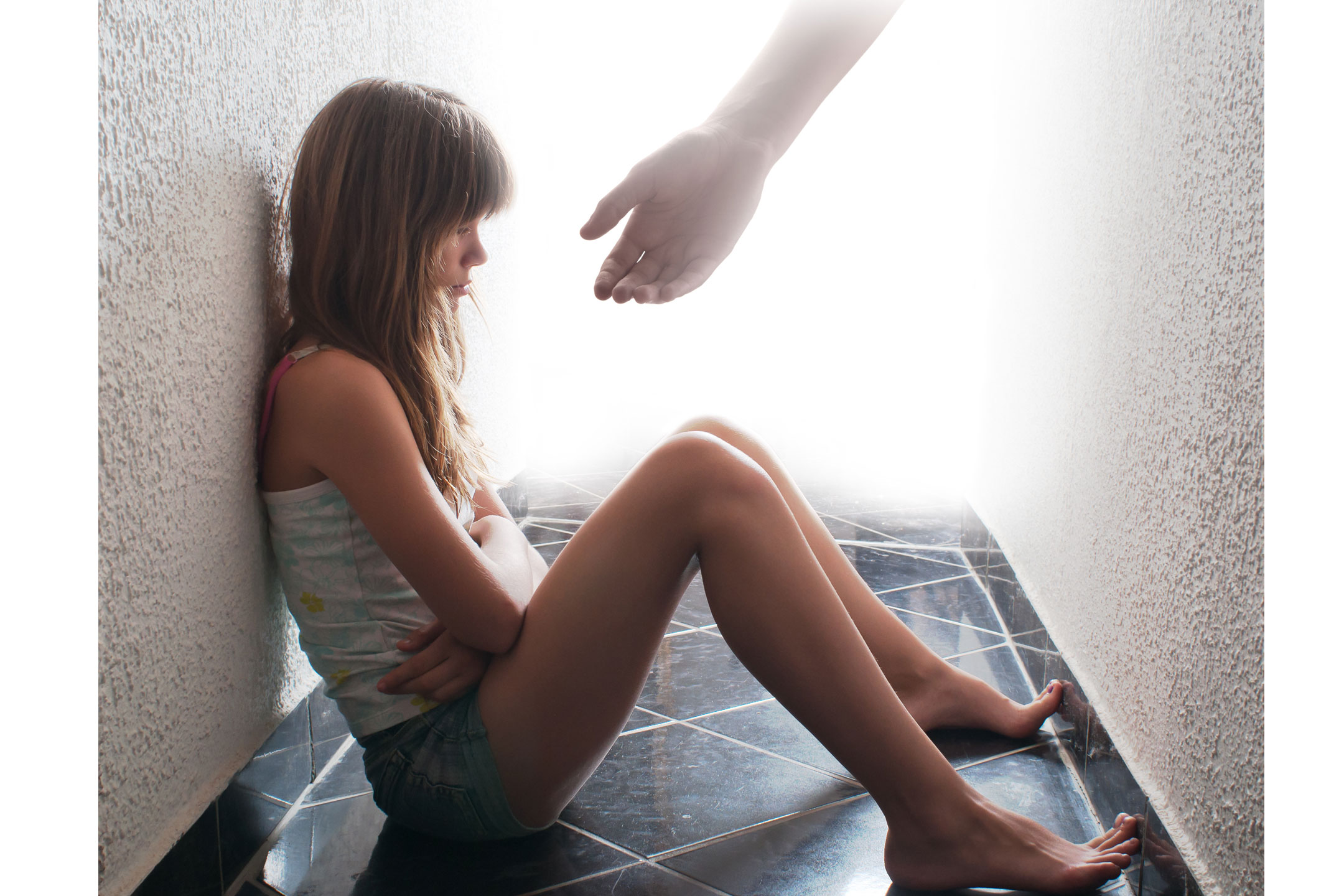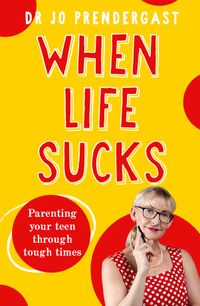
12 Apr How would I know if my teen has an eating disorder?
Covering everything from anxiety, depression, trauma and eating difficulties, to understanding neurodivergence and gender identity Dr Jo Prendergast’s new book ‘When Life Sucks’ is an essential guide for parents and carers looking to understand what’s going on in their teen’s mind. This is an extract about eating disorders.
You might already know that your teen has eating problems if you have found them vomiting after meals, or they’re eating a tub of icecream and a loaf of bread for afternoon tea, or they have lost weight and are repeatedly refusing to eat the meals they are offered. Other times a teen keeps their eating struggles a secret (it’s common to hide body changes and eating issues) but you might start to notice that there’s a problem over time. Also, a teen can have a serious eating disorder (ED) and still look ‘healthy’ (including higher weights). An ED can affect any teen (including a ‘chilled out’ son).
Here are some of the red flags that might indicate an eating problem, especially if you are noticing several of these things.
- A change in what they are eating: new intolerances, picky eating, suddenly becoming vegan/vegetarian, limiting what they eat, only eating ‘health foods’, strict rules about food, cutting food into tiny pieces, weighing or measuring food, drinking large amounts of water, chewing gum or mints.
- A change in how they are eating: a lack of control over eating, food going missing, skipping meals, rigid eating schedules, denying they are hungry, repeatedly saying they have already eaten elsewhere, not finishing meals, taking a long time to eat, wanting to eat alone, disappearing, going for walks or going to the bathroom during or soon after meals, running water in the bathroom to hide noises, spending large amounts on food, lots of food wrappers in the bin.
- A change in emotions about eating: seeming anxious/angry/ irritable at mealtimes, getting upset about high calorie foods or the ‘wrong’ food.
- A change in thoughts about eating: often talking about food/weight/body shape, thinking they are fat, becoming extremely interested in cooking/baking (but not eating it themselves), a focus on what other people are eating, difficulty deciding about food and portion sizes.
Other red flags that parents might notice
- A change in their appearance: weight loss (including when there is a clear reason such as illness, intense sports), wearing baggy clothes to hide their appearance, weight going up and down, a big growth spurt with no weight gain. However, your teen may look healthy but be very unwell.
- A change in their behaviour: exercising for long periods, every day, in all weather, evidence of secret exercise (for example, during the night/in their room), exercising to ‘burn off’ meals, wanting or using laxatives or diet pills, signs they have vomited (marks on fingers, noises, smells), spending time on weight loss websites/blogs, following social media accounts with ‘fitspo’ content (perfect athletic bodies) or promoting ‘proana’ (pro-anorexia) mentalities, withdrawing from other people.
- A change in their general thoughts: low self-esteem, needing to do things perfectly, ‘black and white’ thinking (things are good or bad), thinking other people are judging them (especially when eating), finding it difficult to talk about feelings.
- Negative thoughts about their body: wanting to be thinner, unhappy with their body, asking others about their body size/shape, frequently weighing themselves, pinching ‘fat bits’, checking their body in the mirror, comparing themselves with social media images.
- New health problems: dizziness, fainting, stomach pains, constipation, feeling cold, periods stopping (or not starting), feeling bloated or full, hair loss on head/downy hair on the face and body, sore throats, tooth decay or bad breath (from vomiting). A strange, sickly sweet smell from starvation (ketosis).
 © When Life Sucks: Parenting Your Teen Through Tough Times, by Dr Jo Prendergast. Published by HarperCollins, New Zealand. RRP AU$34.99 NZ$39.99. Available from all good book sellers.
© When Life Sucks: Parenting Your Teen Through Tough Times, by Dr Jo Prendergast. Published by HarperCollins, New Zealand. RRP AU$34.99 NZ$39.99. Available from all good book sellers.
Dr Jo Prendergast is a psychiatrist, a parent and a comedian. She knows how hard it can be—especially when a teen communicates with an eye-roll and grunts! Her book is a first aid manual for every parent who ‘is reaching for Dr Google or a chardonnay in despair’.




